In its most recent ruling, the Supreme Court addressed the Union government's 2019 attempt to amend Article 370 of the Constitution. The apex court confirmed the validity of the ruling that revoked Article 370. The special status that had been granted to the old state of Jammu & Kashmir was revoked.
Supreme Court made a landmark ruling on Monday regarding the repeal of Article 370. In its most recent ruling, the Supreme Court addressed the Union government's 2019 attempt to amend Article 370 of the Constitution. The apex court confirmed the validity of the ruling that revoked Article 370. The special status that had been granted to the erstwhile state of Jammu & Kashmir was revoked.
The Chief Justice of India (CJI), DY Chandrachud, chaired a five-judge Constitution bench that included Justices S K Kaul, Sanjeev Khanna, B R Gavai, and Surya Kant. Following sixteen days of hearings, the bench reserved its decision on up to twenty-three petitions.
Following its accession to India, Jammu and Kashmir lost its internal sovereignty, according to CJI DY Chandrachud. According to him, there was no solid evidence that the President's 2019 directives were an unnecessary use of force or mala file (executed in poor faith).
The court ordered the Centre to arrange for the restoration of statehood and the holding of elections for the Legislative Assembly, even though it acknowledged that the former state's 2019 reorganisation into Union Territories was only a temporary measure.
In addition, Justice Kaul suggested in his unanimous decision that a Truth and Reconciliation Commission be established in J&K to recognise the claimed human rights breaches that have occurred in the area.
What is Article 370 and Article 35A?
Jammu & Kashmir was given a distinct status that set it apart from all other Indian states under Article 370 of the Indian Constitution. Except for defence, foreign affairs, communication, and currency, this article gave the Central Government minimal authority over the state. This unique policy, which has an impact on law and order, residency, and property ownership, gave J&K sovereignty over its internal affairs.
On the advice of the J&K Constituent Assembly, Article 35A, which is a part of Article 370, was added in 1954 by Presidential Order and gives the people of Kashmir unique rights and benefits. The Article gave the state government the authority to specify its definition of "permanent residents" in the state as well as their unique rights and benefits.
It made it impossible for people from outside the state to purchase real estate there or to look for permanent residence there. Additionally, it bans anyone from applying for government employment in the state who is not a state permanent resident.
Why did the repeal of Article 370 cause a stir?
A monumental choice was made on August 5, 2019, when Article 370 was revoked. It caused a great deal of controversy since it altered the administrative and legal landscape of Jammu and Kashmir (J&K). It eliminated the special status that had been accorded to J&K and Ladakh, placing them directly under the jurisdiction of the federal government and making all national laws applicable there.
This new reform was met with opposition from various segments of society and countrywide protests, as they perceived it as a challenge to their autonomy and a breach of their constitutional rights. On the other hand, the Indian government has said that it is imperative to fight terrorism, advance development, repeal laws that discriminate, and provide equal opportunities for all residents.
![submenu-img]() Meet IIT-JEE topper with AIR 1, son of government school teachers, he went on to pursue...
Meet IIT-JEE topper with AIR 1, son of government school teachers, he went on to pursue...![submenu-img]() Salman Khan house firing case: One more Lawrence Bishnoi gang member arrested by Mumbai Police
Salman Khan house firing case: One more Lawrence Bishnoi gang member arrested by Mumbai Police ![submenu-img]() Mukesh Ambani to host Anant-Radhika's second pre-wedding function: Trip to start from Italy with 800 guests and end in..
Mukesh Ambani to host Anant-Radhika's second pre-wedding function: Trip to start from Italy with 800 guests and end in..![submenu-img]() Driver caught on camera running over female toll plaza staff on Delhi-Meerut expressway, watch video
Driver caught on camera running over female toll plaza staff on Delhi-Meerut expressway, watch video![submenu-img]() 'If you come and do something here...': EAM S Jaishankar on India's 'message' against terrorism
'If you come and do something here...': EAM S Jaishankar on India's 'message' against terrorism![submenu-img]() Meet IIT-JEE topper with AIR 1, son of government school teachers, he went on to pursue...
Meet IIT-JEE topper with AIR 1, son of government school teachers, he went on to pursue...![submenu-img]() TN 11th Result 2024: TNDGE Tamil Nadu HSE (+1) result declared, direct link here
TN 11th Result 2024: TNDGE Tamil Nadu HSE (+1) result declared, direct link here![submenu-img]() Meet doctor who cracked UPSC exam with AIR 9 but didn’t became IAS due to…
Meet doctor who cracked UPSC exam with AIR 9 but didn’t became IAS due to…![submenu-img]() TN 11th Result 2024 to be declared today; know how to check
TN 11th Result 2024 to be declared today; know how to check![submenu-img]() Meet man who worked as coolie, studied from railway's WiFi, then cracked UPSC exam to become IAS, secured AIR...
Meet man who worked as coolie, studied from railway's WiFi, then cracked UPSC exam to become IAS, secured AIR...![submenu-img]() DNA Verified: Is CAA an anti-Muslim law? Centre terms news report as 'misleading'
DNA Verified: Is CAA an anti-Muslim law? Centre terms news report as 'misleading'![submenu-img]() DNA Verified: Lok Sabha Elections 2024 to be held on April 19? Know truth behind viral message
DNA Verified: Lok Sabha Elections 2024 to be held on April 19? Know truth behind viral message![submenu-img]() DNA Verified: Modi govt giving students free laptops under 'One Student One Laptop' scheme? Know truth here
DNA Verified: Modi govt giving students free laptops under 'One Student One Laptop' scheme? Know truth here![submenu-img]() DNA Verified: Shah Rukh Khan denies reports of his role in release of India's naval officers from Qatar
DNA Verified: Shah Rukh Khan denies reports of his role in release of India's naval officers from Qatar![submenu-img]() DNA Verified: Is govt providing Rs 1.6 lakh benefit to girls under PM Ladli Laxmi Yojana? Know truth
DNA Verified: Is govt providing Rs 1.6 lakh benefit to girls under PM Ladli Laxmi Yojana? Know truth![submenu-img]() Remember Harsh Lunia? Just Mohabbat child star, here's how former actor looks now, his wife is Bollywood's popular...
Remember Harsh Lunia? Just Mohabbat child star, here's how former actor looks now, his wife is Bollywood's popular...![submenu-img]() Mother's Day 2024: Bollywood supermoms who balance motherhood, acting, and run multi-crore businesses
Mother's Day 2024: Bollywood supermoms who balance motherhood, acting, and run multi-crore businesses![submenu-img]() Rocky Aur Rani's Golu aka Anjali Anand shocks fans with drastic weight loss without gym, says fitness secret is...
Rocky Aur Rani's Golu aka Anjali Anand shocks fans with drastic weight loss without gym, says fitness secret is...![submenu-img]() In pics: Ram Charan gets mobbed by fans during his visit to Pithapuram for ‘indirect campaign’ for uncle Pawan Kalyan
In pics: Ram Charan gets mobbed by fans during his visit to Pithapuram for ‘indirect campaign’ for uncle Pawan Kalyan![submenu-img]() Streaming This Week: Yodha, Aavesham, Murder In Mahim, Undekhi season 3, latest OTT releases to binge-watch
Streaming This Week: Yodha, Aavesham, Murder In Mahim, Undekhi season 3, latest OTT releases to binge-watch![submenu-img]() Haryana Political Crisis: Will 3 independent MLAs support withdrawal impact the present Nayab Saini led-BJP government?
Haryana Political Crisis: Will 3 independent MLAs support withdrawal impact the present Nayab Saini led-BJP government?![submenu-img]() DNA Explainer: Why Harvey Weinstein's rape conviction was overturned, will beleaguered Hollywood mogul get out of jail?
DNA Explainer: Why Harvey Weinstein's rape conviction was overturned, will beleaguered Hollywood mogul get out of jail?![submenu-img]() What is inheritance tax?
What is inheritance tax?![submenu-img]() DNA Explainer: What is cloud seeding which is blamed for wreaking havoc in Dubai?
DNA Explainer: What is cloud seeding which is blamed for wreaking havoc in Dubai?![submenu-img]() DNA Explainer: What is Israel's Arrow-3 defence system used to intercept Iran's missile attack?
DNA Explainer: What is Israel's Arrow-3 defence system used to intercept Iran's missile attack?![submenu-img]() Salman Khan house firing case: One more Lawrence Bishnoi gang member arrested by Mumbai Police
Salman Khan house firing case: One more Lawrence Bishnoi gang member arrested by Mumbai Police ![submenu-img]() Meet actress, who got rejected for her looks, had no hit for 15 years; later beat Alia, Deepika, Katrina at box office
Meet actress, who got rejected for her looks, had no hit for 15 years; later beat Alia, Deepika, Katrina at box office![submenu-img]() Abdu Rozik breaks silence on his wedding announcement being called ‘publicity stunt’: ‘The whole world is…’
Abdu Rozik breaks silence on his wedding announcement being called ‘publicity stunt’: ‘The whole world is…’![submenu-img]() Meet actress who made debut with Salman Khan, had super flop career, then got TB, now lives in chawl, runs..
Meet actress who made debut with Salman Khan, had super flop career, then got TB, now lives in chawl, runs..![submenu-img]() Meet actress who worked with Naseeruddin Shah, sister of popular models, is now getting trolled on social media for..
Meet actress who worked with Naseeruddin Shah, sister of popular models, is now getting trolled on social media for..![submenu-img]() Driver caught on camera running over female toll plaza staff on Delhi-Meerut expressway, watch video
Driver caught on camera running over female toll plaza staff on Delhi-Meerut expressway, watch video![submenu-img]() Delhi man takes 200 flights in 110 days, steals lakhs worth of jewelry from passengers
Delhi man takes 200 flights in 110 days, steals lakhs worth of jewelry from passengers![submenu-img]() Viral video: Man makes paratha with 'diesel', internet reacts
Viral video: Man makes paratha with 'diesel', internet reacts![submenu-img]() Viral video of 'black jalebi' leaves internet in shock; netizens say 'hey bhagwan...'
Viral video of 'black jalebi' leaves internet in shock; netizens say 'hey bhagwan...'![submenu-img]() Real-life Bambi and Thumper? Adorable deer and rabbit video melts hearts online
Real-life Bambi and Thumper? Adorable deer and rabbit video melts hearts online




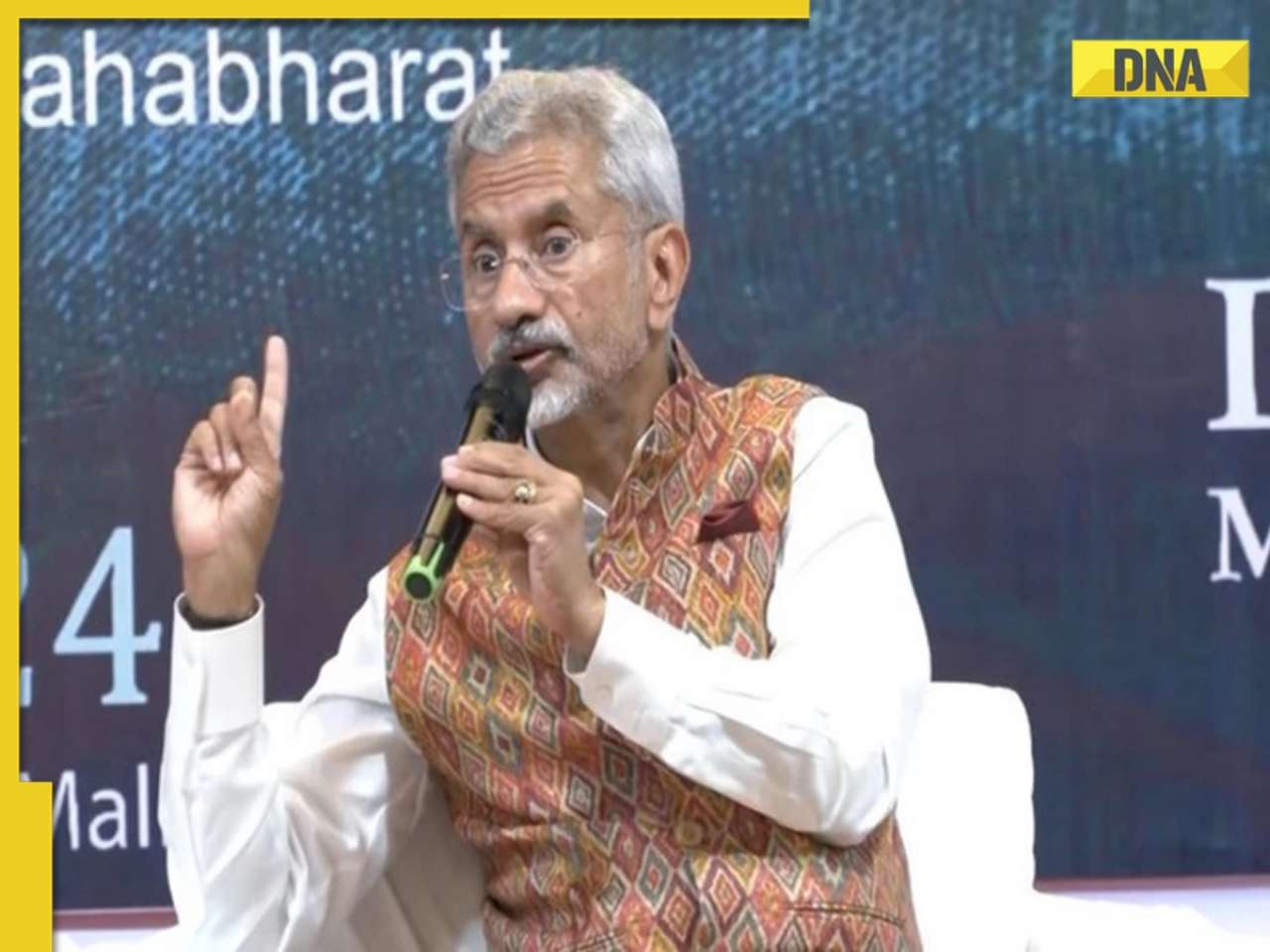




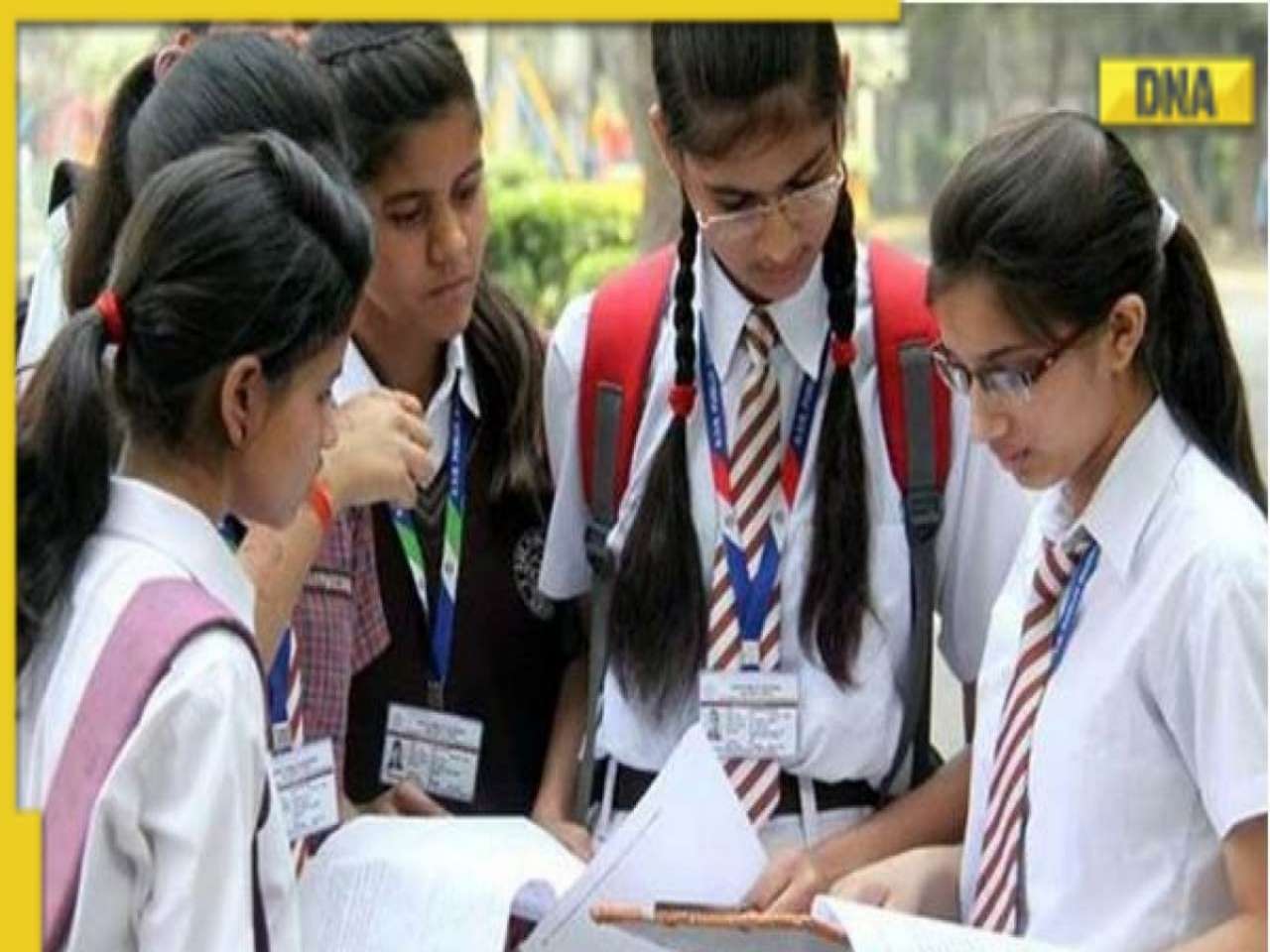

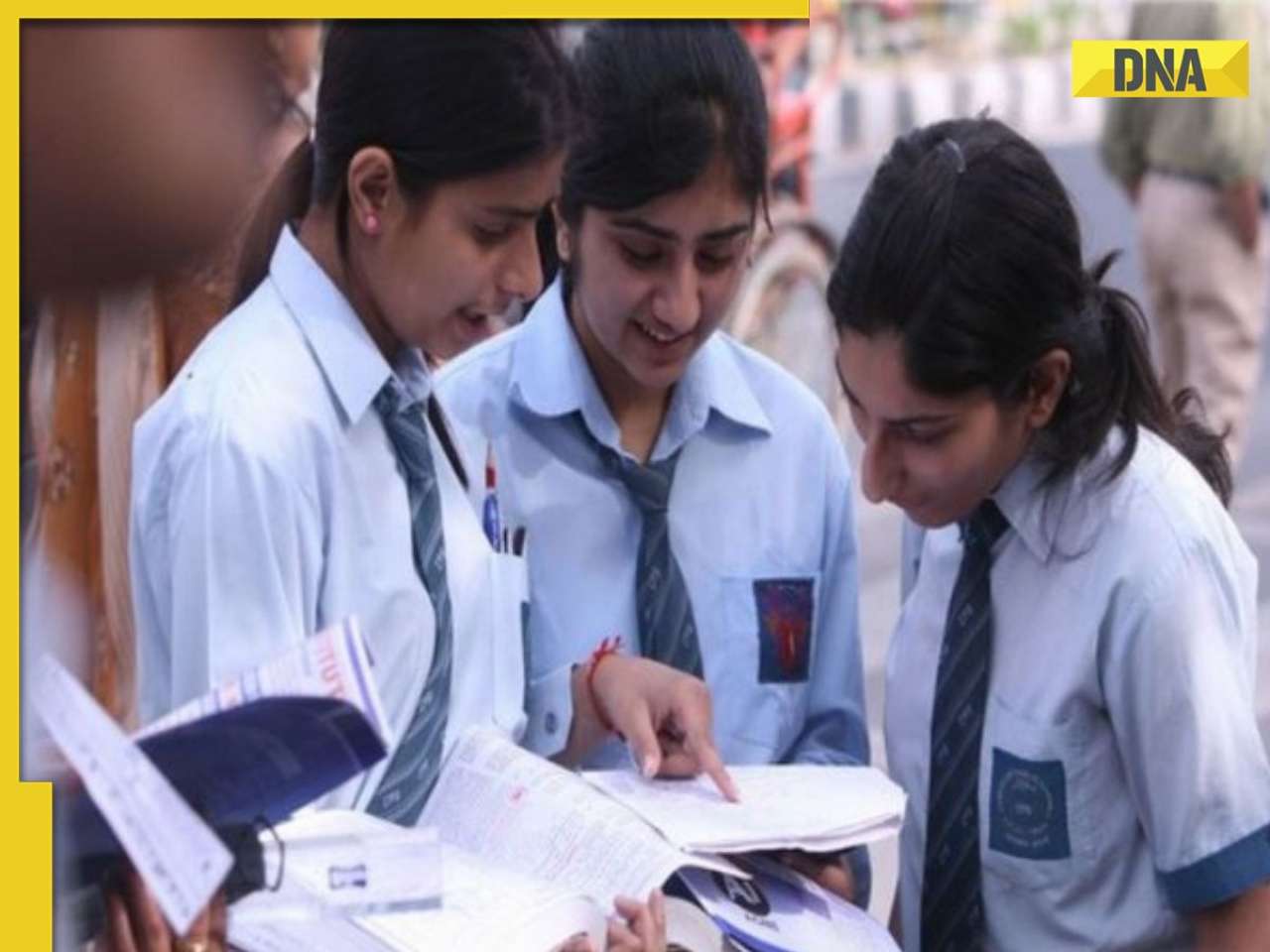

























)

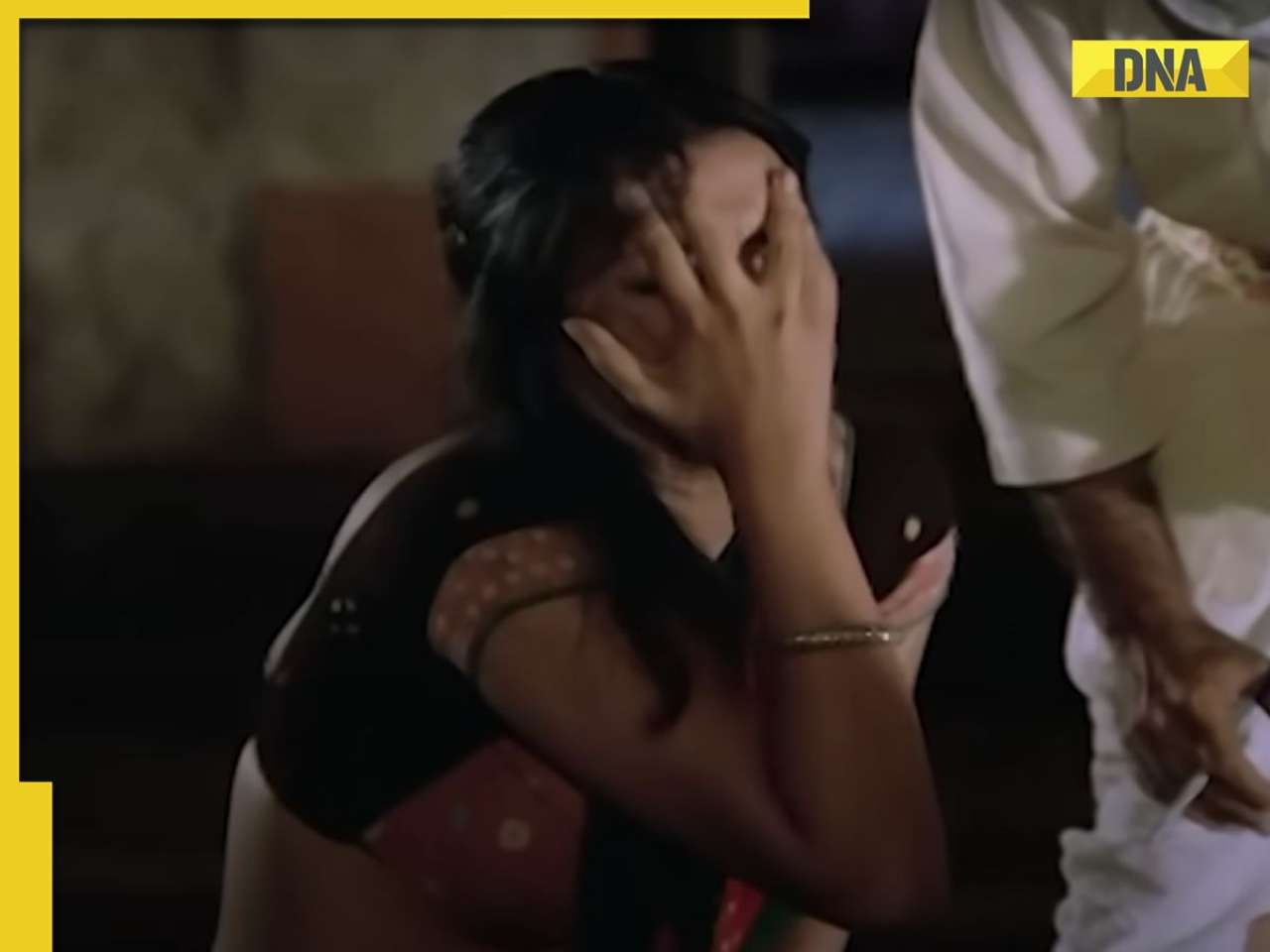







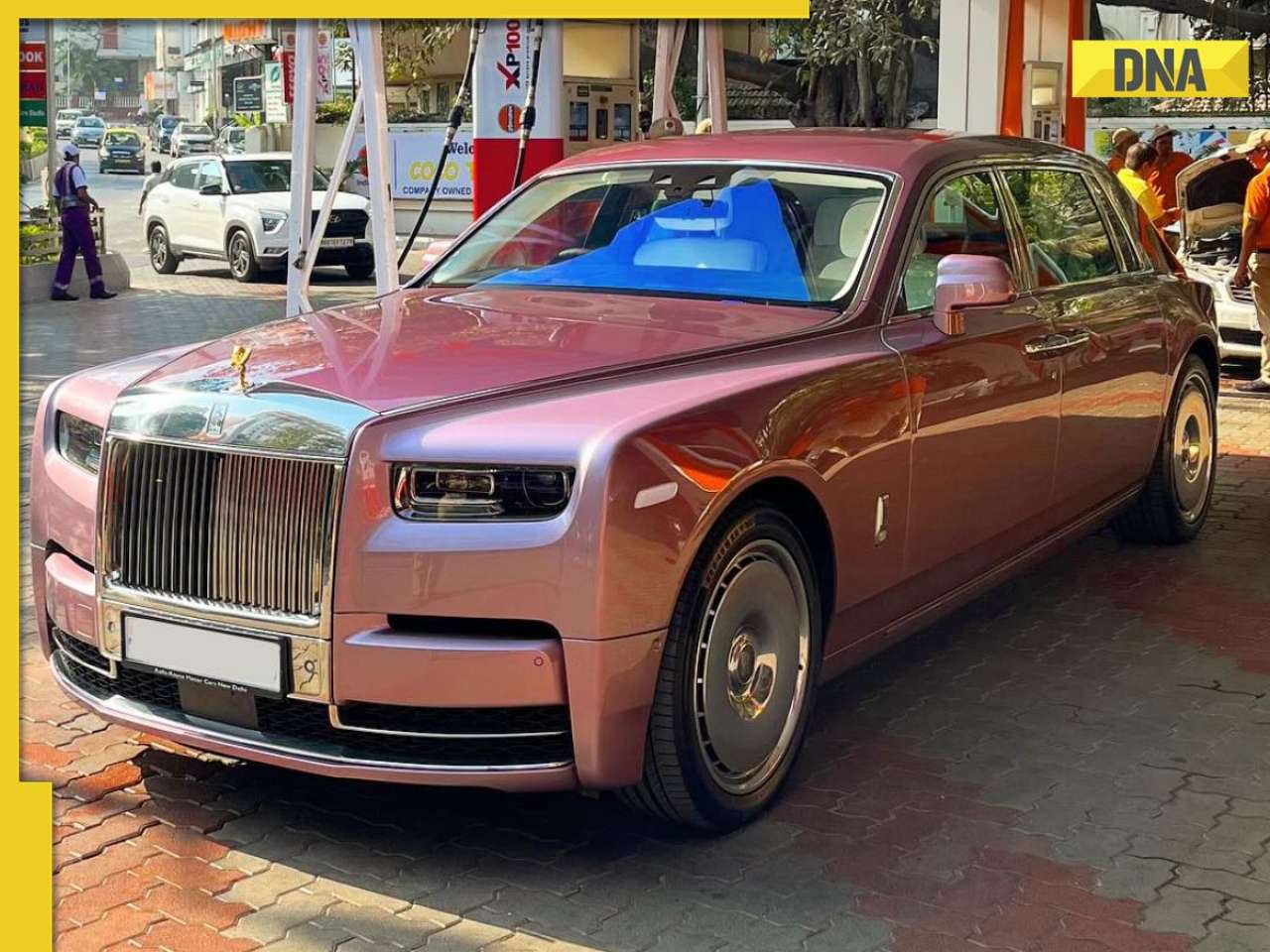






)
)
)
)
)
)